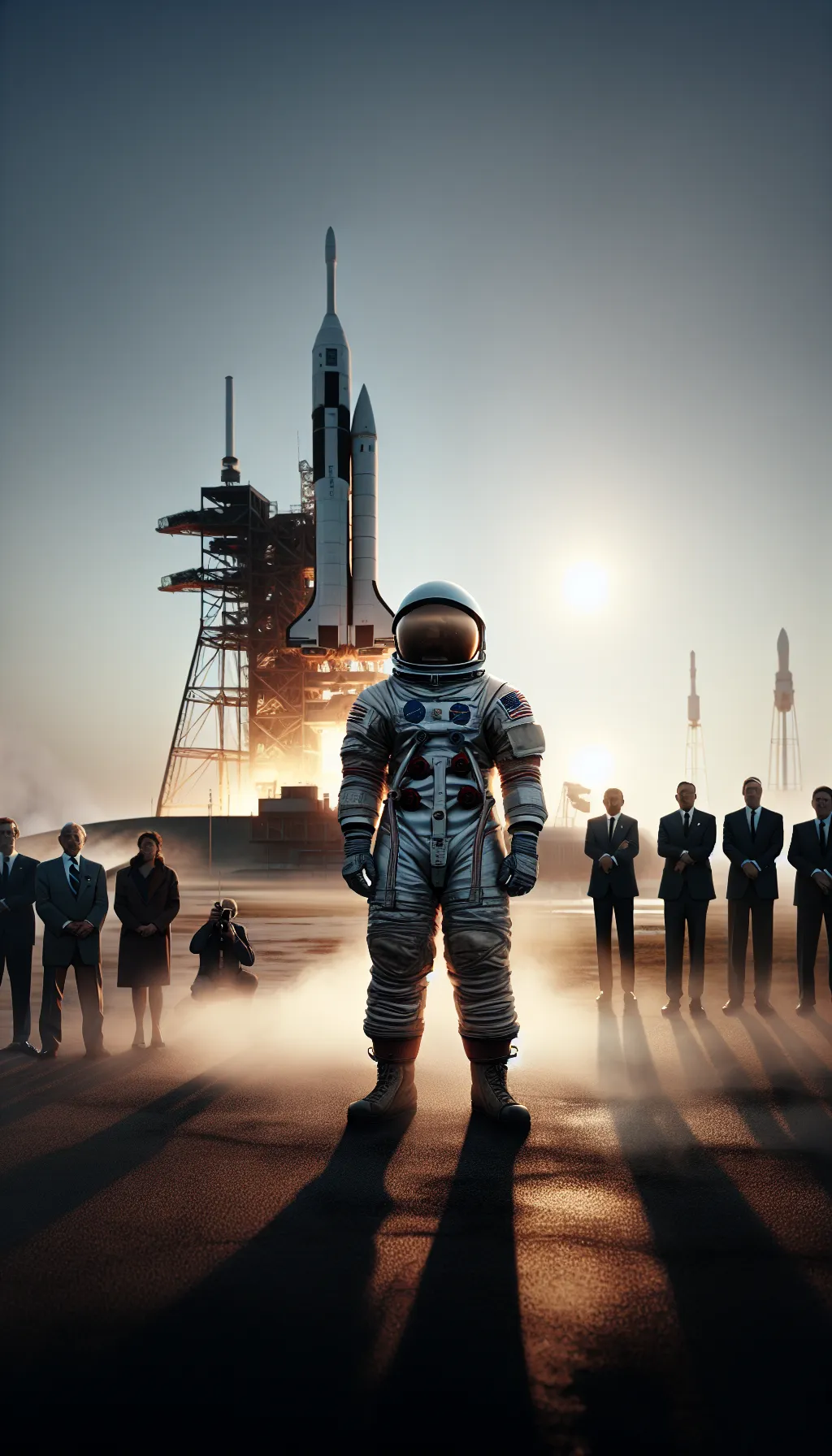Soviet Union – Yuri Gagarin's Historic Voyage – April 12, 1961
TLDR;
- Event: On April 12, 1961, Yuri Gagarin became the first human to journey into outer space aboard Vostok 1, marking a historic milestone in the Space Race.
- Mission Details: The spacecraft completed a single orbit around Earth, lasting 108 minutes (1 hour and 48 minutes), with an apogee of 327 kilometers (203 miles) and a perigee of 169 kilometers (105 miles).
- Challenges: The mission faced risks like weightlessness effects and a perilous re-entry, with Gagarin ejecting at 7 km (23,000 ft) altitude due to spacecraft issues.
- Legacy: Gagarin’s voyage was a monumental achievement for the Soviet Union, inspiring future space exploration and solidifying human presence beyond Earth.
–
Story
The world held its breath as Yuri Gagarin, a 27-year-old Soviet cosmonaut, embarked on a journey that would forever change humanity’s place in the universe. On April 12, 1961, Gagarin became the first human to venture into outer space, a feat that marked a pivotal moment in the Space Race and human history.

The Cold War era was a time of intense rivalry between the United States and the Soviet Union, with both superpowers vying for supremacy in technology and space exploration. The Soviet Union had already achieved several firsts, including launching the first artificial satellite, Sputnik, in 1957. But sending a human into space was an entirely different challenge.
As Vostok 1 roared into the sky from the Baikonur Cosmodrome, Gagarin’s first official communication was a standard status report: ‘The flight is proceeding normally, I feel well.’ The famous phrase ‘Poyekhali!’ (‘Let’s go!’) was likely said informally at liftoff. The spacecraft completed a single orbit around Earth, a flight intentionally limited to one orbit due to uncertainties about human endurance in space.
The re-entry was particularly perilous, with the spacecraft’s descent module spinning uncontrollably due to the service module failing to detach cleanly. Gagarin ejected at about 7 km (23,000 ft) altitude and parachuted separately while the capsule landed under its own parachute—a detail initially concealed by the Soviets to comply with FAI rules for recognizing the flight as the first human spaceflight.
Yuri Gagarin’s successful spaceflight was a triumph for the Soviet Union and a testament to human ingenuity and courage. It inspired generations to look to the stars and dream of what lies beyond our world.
–
| Would a different outcome in the Space Race have changed the course of history? |